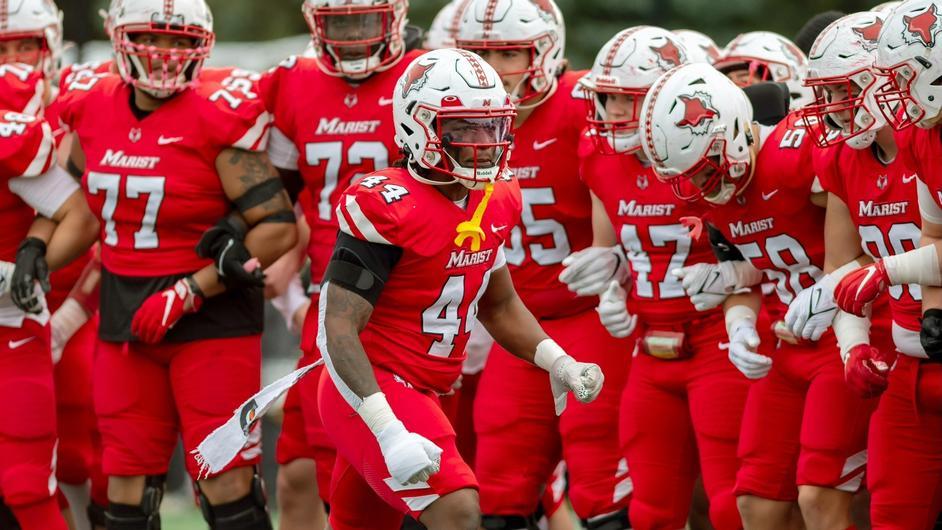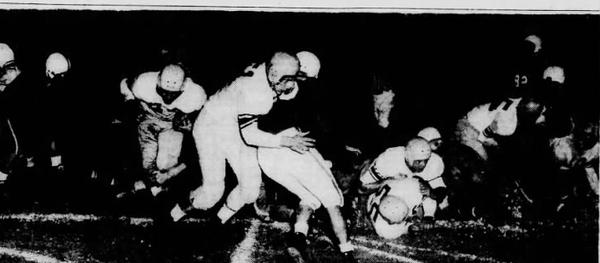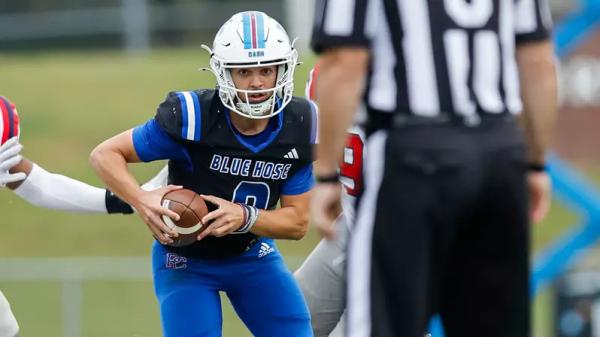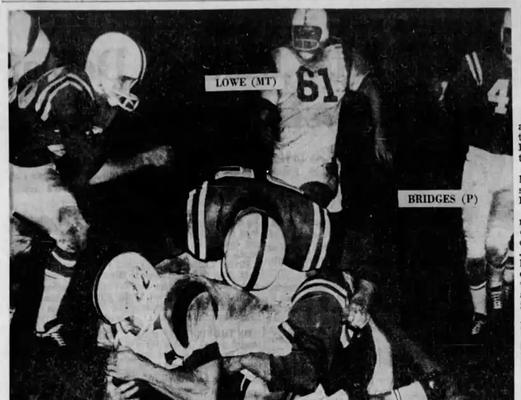•
Written By
Written By
•
•
•
Loading article...
Written By
Written By
Written By
Omar-Rashon Borja
Senior Writer, Editor, Historian
Written By
Omar-Rashon Borja
Senior Writer, Editor, Historian

The American Athletic Conference's addition of Army stole headlines a few weeks ago. College football's changing landscape pushed the Black Knights to believe that conference membership was more beneficial than independence.
Naturally, the focus becomes which teams Army will omit from their non-conference schedule. Army's schedule will miss games against ACC schools and Group of Five heavyweights, but one potential future omission deserves a deeper dive.
In the Spring of 2021, Army shockingly scheduled Marist for a 2025 visit to The Point. Marist would have joined the nearly exclusive club of Pioneer Football League teams who have played FBS teams since the conference's creation.
Since the Pioneer Football League's establishment, PFL schools have played FBS schools only four times. Two of these games, 2018 Drake-Iowa State and 2022 Valparaiso-New Mexico State, were makeup games scheduled during the season. The Pioneer Football League's non-scholarship status makes games between them and FBS schools as rare as UFO sightings.
More importantly, a national TV audience would witness Marist and Army play for Hudson River Valley supremacy. Through Army's deal with CBS Sports Network, Marist would receive a national TV slot, something the league has likely never seen. Due to the Pioneer Football League's lack of a collective TV contract, national exposure is minimal. The media situation of the league is so bleak that even regional TV appearances are a blessing.
Financially, Marist could lose arguably the biggest payday in its football program's history. Marist plays hardly any paycheck games against FCS powers in the East. While the amount Army would pay Marist remained undisclosed, one could surmise it was more than any payout any school Marist has played before. This money could have gone a long way towards helping with the high travel costs the Red Foxes face as Pioneer Football League members.
When looking at Army's move to the American Athletic Conference, it is easy to focus on the benefits for the Black Knights and their new conference home. However, Marist proves that a program moving from independence to a conference has drastic second and third-order effects.


